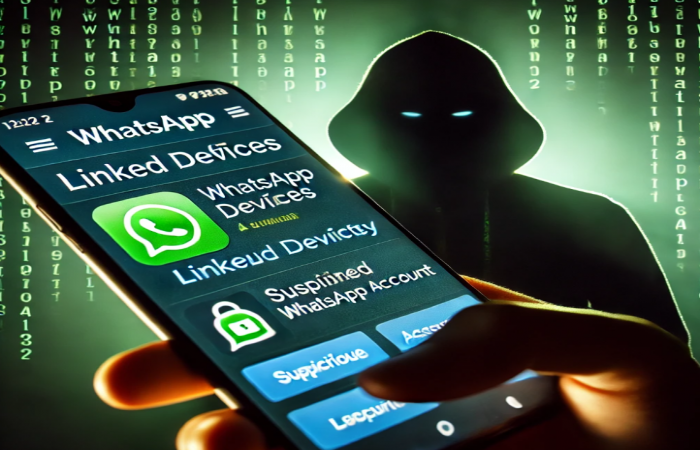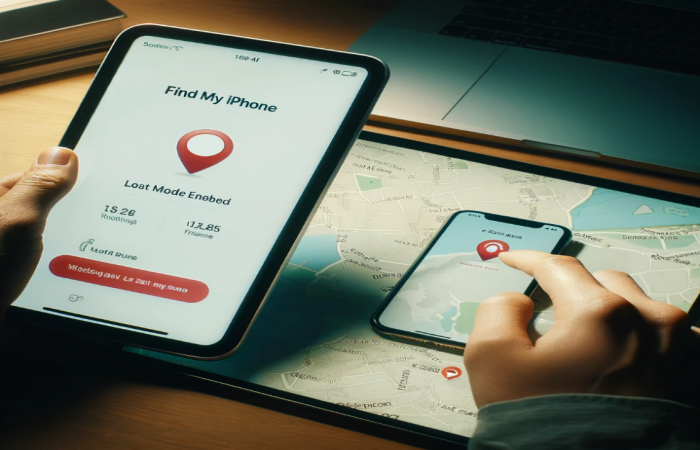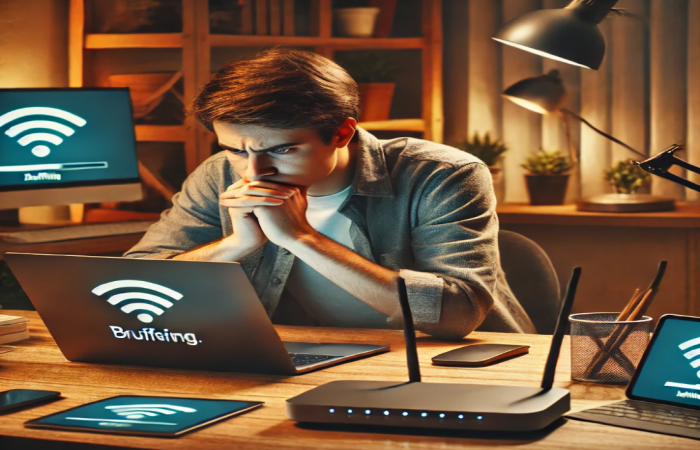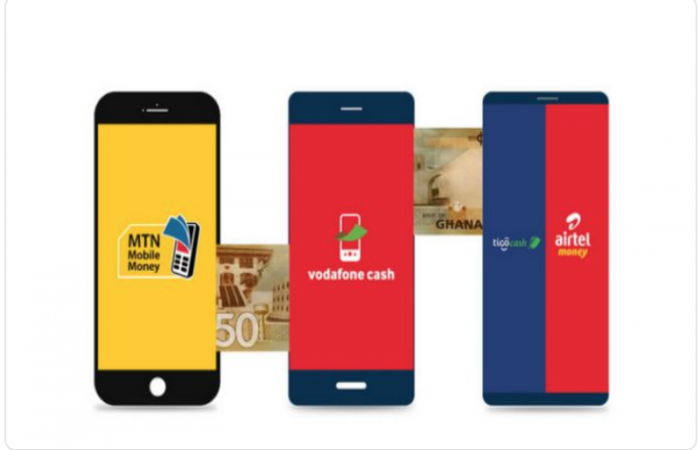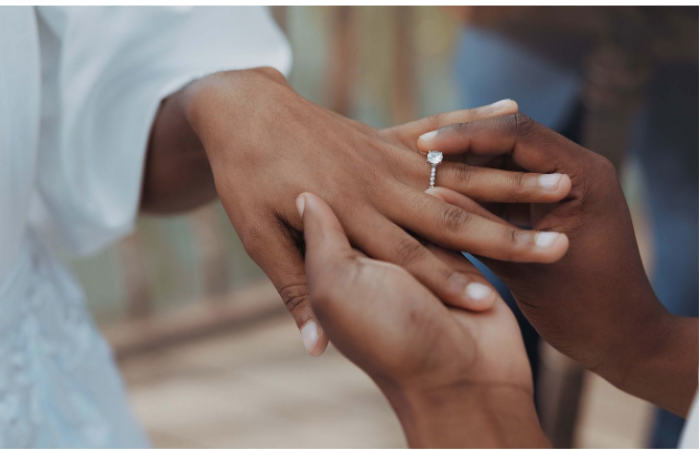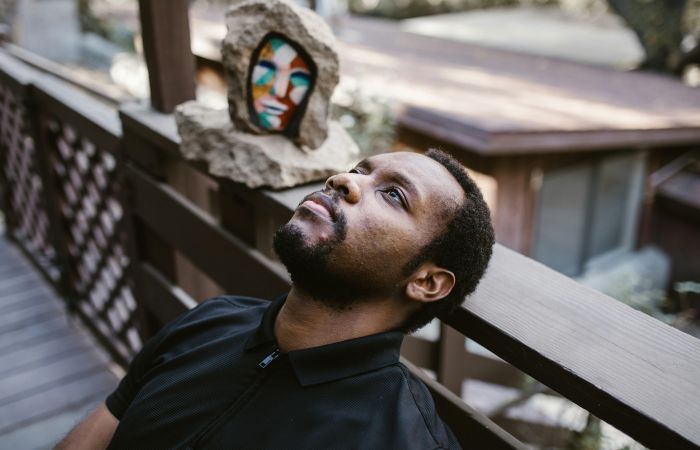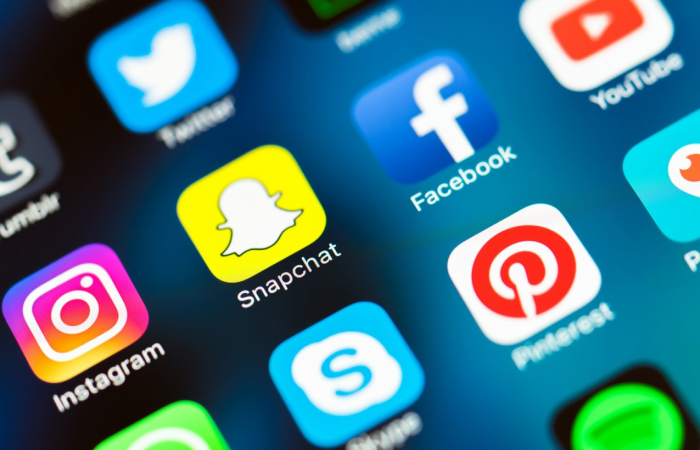
Why You Should Never Click on Porn Links on Social Media
Clicking on pornographic links on social media can lead to serious security and privacy risks. Here’s a breakdown of why it’s generally unsafe to click on these types of links, and how they can put your personal information and devices in danger:
1. Malware and Viruses
Many links promoting adult content on social media are traps set up by scammers to infect your device with malware or viruses. When you click on these links, you risk:
- Ransomware: Some sites can lock your device or files and demand a ransom for their release.
- Spyware: This software secretly tracks your activities, allowing scammers to monitor everything from your online behaviour to personal data like passwords and financial information.
- Adware: These links often redirect you to pages filled with pop-ups or ads, some of which are malicious and can overload your device.
2. Phishing Scams
Many of these links are designed as phishing scams. They might direct you to fake login pages for social media, banking, or other sensitive accounts to capture your credentials. Even if the site looks legitimate, it’s always a good idea to avoid providing personal information or clicking on unfamiliar links.
3. Compromised Privacy
Adult sites promoted on social media often don’t prioritize user privacy and may track your activity or even sell your data to third parties. Your browsing activity can end up in the wrong hands, and, in some cases, scammers might attempt to blackmail users by threatening to expose their activity.
4. Account Hijacking and Identity Theft
Once scammers have access to your data, they can take control of your social media account or steal your identity. If you use the same password across multiple accounts, hackers can use this information to gain access to other online accounts.
5. Reputation Risks
Many of these scam accounts attempt to get you to “like” or “follow” suspicious pages, which could lead to embarrassing posts or friend requests that harm your reputation. In some cases, your account could even be used to spam or scam your friends and followers.
6. Data Harvesting and Tracking
Some of these sites might place tracking cookies on your device to collect your browsing data. They could use this data for targeted ads or to collect more personal information over time, making you vulnerable to future scams.
What You Can Do to Stay Safe
To protect yourself from these risks, consider these tips:
- Avoid Clicking: Don’t click on unsolicited links, especially those with adult or overly promotional content.
- Report and Block: Report and block any suspicious accounts to reduce spam on your feed.
- Check URLs: If you must visit a link, make sure it’s from a legitimate site. Avoid shortened URLs from unverified sources.
- Enable Privacy Settings: Keep your social media profiles private, and be cautious about who you connect with online.
- Use Anti-Malware Software: Ensure you have anti-malware and antivirus software to detect threats.
By following these steps, you’ll reduce your risk of falling victim to scams, identity theft, and malware, and keep your personal and digital information secure.




